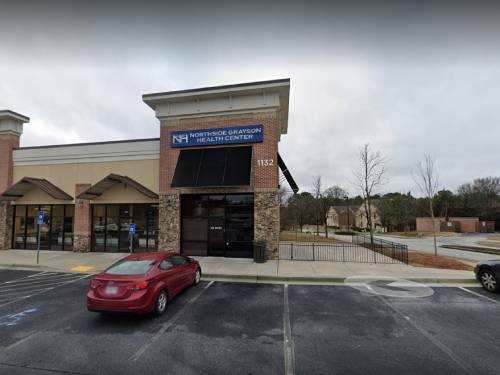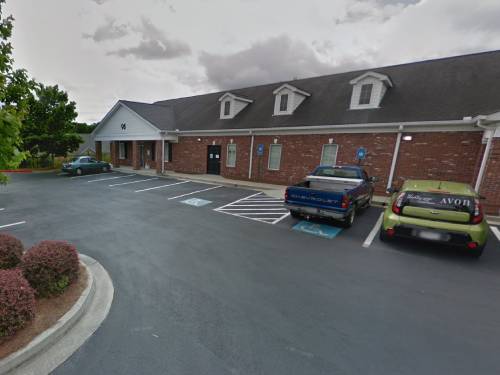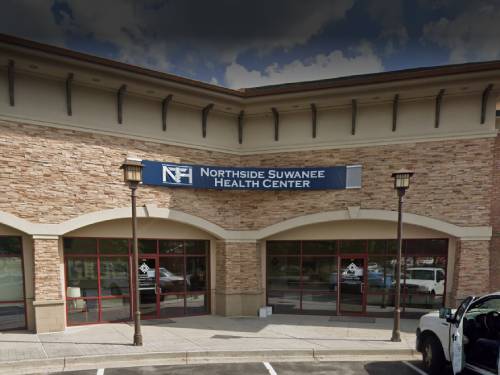Angina
Lorem ipsum dolor sit amet, consectetur adipiscing elit.

Angina Can Be Caused By Other Heart Conditions
Chest pain, also called angina, is a specific type of chest pain caused by poor blood flow to the heart. Angina pain is often described as squeezing, pressure, heaviness, tightness, or pain in the chest, particularly on the left side. If you begin to experience angina, it should be evaluated by a healthcare provider immediately. Angina may be a recurring pain that goes away after resting or receiving medical treatment.
Unfortunately the symptoms of angina mimic indigestion symptoms and patients often assume their heart related discomfort is due to the stomach or esophagueal reflux. Although angina is relatively common, it can still be hard to distinguish from other types of chest pain, such as the discomfort of indigestion. If you have unexplained chest pain, seek medical help right away.
You’ve probably heard about angina pain before. What is it, exactly?
Angina is discomfort in the chest caused by a decreased blood flow to a portion of the heart. It’s a sort of cramp in the heart muscle. It is important to note (and you can find out more in later sections of this page) is that there are several forms of angina. Stressors cause a lack of oxygen and blood flow problems.
Our board-certified heart specialists and heart care teams at CVG are dedicated to your health. We will help you learn about the causes, risk factors, and treatment options for angina. You can trust our doctors to provide leading-edge technology for testing and treatment, plus help you learn about lifestyle changes you can make to get your symptoms under control as soon as possible.
If you have experienced chest discomfort, you will want to find out what’s causing it so it can be treated instead of waiting for it to potentially resolve itself. You’ll benefit from CVG’s cardiac care, allowing you to get back to living the life you choose.
Please use this page to learn about angina and various treatments on this page as well as learning from our article, “Is It a Heart Attack or Angina?”
Types Of Angina
There are multiple different types of angina, defined by what is causing the chest pain.
Stable Angina
Stable angina is chest discomfort, due to a blocked heart artery, it usually occurs consistently at the same activity level. It is provoked by physical activity or intense emotion, and resolves with rest.
Stable angina is the most common form of angina, which usually happens during physical activity and goes away with rest or medication. Stable angina pain is predictable and generally similar to previous episodes of chest pain. This pain typically lasts a short time, perhaps five minutes or less.
Unstable Angina
Unstable angina is either new angina within the last 60 days, or stable angina that begins to occur at lesser levels of exertion or even occurs without any physical activity, at rest. The implication is that the blockage that is provoking the angina is worsening. It usually has a worse prognosis.
Variant Angina
Variant angina, or prinzmetal angina, is caused by a spasm in the heart’s arteries that temporarily reduces blood flow. This is the rarest form of angina. It is common at rest and especially at night. Not much is known about the cause, although it may be genetic as Prinzmetal angina seems more common in Japanese individuals. Treatment includes avoiding spastic agents like nicotine and prescribing antispasm medicines like beta-blockers, nitroglycerine medicines, and calcium channel blockers.
Refractory Angina
This is angina that resists treatment. Despite proper medical therapy, the patient continues to have chest discomfort.
With refractory angina, episodes of chest pain occur frequently, even after a combination of medications and lifestyle changes.
Risk Factors For Angina
Conditions that lead to coronary artery blockage are risk factor for the development of angina. Age, tobacco use, diabetes, high cholesterol, high blood pressure, gender (male or female after menopause, family history of coronary disease, obesity.
Complications Of Angina
Angina is the body warning you of a problem with the heart. Left untreated, heart artery plaque worsens in severity and angina can become a heart attack when the vessel closes completely. Symptoms of a heart attack include ,angina pain that wont relent, nausea, vomiting, abdominal pain, shortness of breath, profuse sweatin.
Many of these symptoms are similar to regular symptoms of angina, so it is important to seek emergency medical care when experiencing them.
Treatment And Prevention of Angina
Angina can be avoided by quitting smoking, a healthy diet, exercise treatment of blood pressure, cholesterol,best to implement these changes before being diagnosed with angina.
Women can experience angina differently than men, which may result in symptoms such as teeth discomfort, abdominal pain, and a stabbing pain instead of dull pressure. Although the severity, duration, and type of angina can vary, new or worsening symptoms may be a sign of unstable angina or a heart attack, so contact your doctor immediately.
Why Choose CVG?
Related Conditions:
- Causes And Treatment For Heart Arrhythmia
- Causes And Treatment Of Pulmonary Stenosis
- Expert Insights on Cardiac Catheterization
- Expert Insights on Low Blood Pressure
- Exploring the Latest Advances in Atrial Fibrillation Treatment
- Dangerously high cholesterol?
- Get Your Blood Pressure Test Today!
- Understanding Electrical Cardioversion
- What Are ACE Inhibitors Used For?
- What foods are high in cholesterol?
- What Heart Flutters Can Mean
- What is Heart Failure & How to Treat it?
- What Is The Success Rate Of The Watchman Procedure?
Top Conditions:
- How long can someone live with an enlarged heart?
- Pros and Cons of the Watchman Device
- Risks and Complications of Cardiac Catheterization
- Side Effects Of The Watchman Device
- The Benefits of Cardiac Catheterization
- The Dangers Of High Blood Pressure
- The Dangers Of High Cholesterol
- The Watchman Implant Procedure
- Tips To Lower High Cholesterol
- Understanding Cardiac Catheterization
Call to Schedule an Appointment
Board-certified Doctors
CVG’s twenty board-certified heart doctors will guide you through your healthcare journey with the utmost compassion and individual attention. We aim to provide you with state-of-the-art cardiac care that includes the full spectrum of services, from testing to diagnosis and treatment. The doctor/patient relationship is built on trust. Through our combined efforts, we can conquer any challenge that comes our way.
Invasive therapies may also treat an abnormal heart rhythm, such as electrical cardioversion, which sends electrical impulses through your chest wall and allows normal heart rhythm to restart, or catheter ablation that disconnects the abnormal rhythm’s pathway. Suppose your doctor determines that electrical devices are the best course of action. In that case, you may be given a permanent pacemaker, an implantable cardioverter-defibrillator (ICD), or biventricular (B-V) pacemakers and defibrillators.
How CVG Can Help
CVG offers multiple services that can discover an enlarged heart or conditions that will lead to it. At CVG, we perform stress tests that will observe blood flow and test for various forms of heart disease. There are three types of stress tests that we perform:
- A treadmill test is a test in which you will walk on a treadmill that gets faster and steeper every 3 minutes. This will stress your heart so that our nurse or doctor can determine your heart rate and blood pressure.
- An echo test is performed before and after your treadmill test to determine how well your heart pumps blood.
- A nuclear stress test is a treadmill test that is prefaced by an injection of medicine that shows the flow of blood to your heart.
We also offer cardiac catheterization to diagnose and treat several heart issues. If any of these tests determine a problem, we offer treatment solutions such as atrial fibrillation testing and catheter ablation. Learn more about our services here, or schedule an appointment to talk to our doctors.
Schedule Your Appointment with a CVG Atlanta Area Cardiologist
Expertise, experience, and compassion are the pillars of CVG’s patient-centered cardiac care. Please schedule your appointment with CVG today. Call (770) 962-0399 or 678-582-8586. You may also request an appointment online. If you have an emergency, don’t contact us online; please call 911.
Locations That Treat Angina












